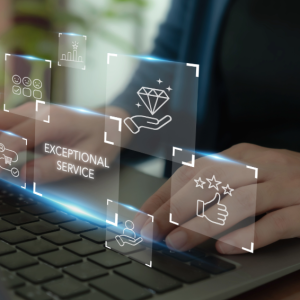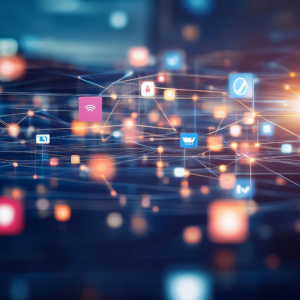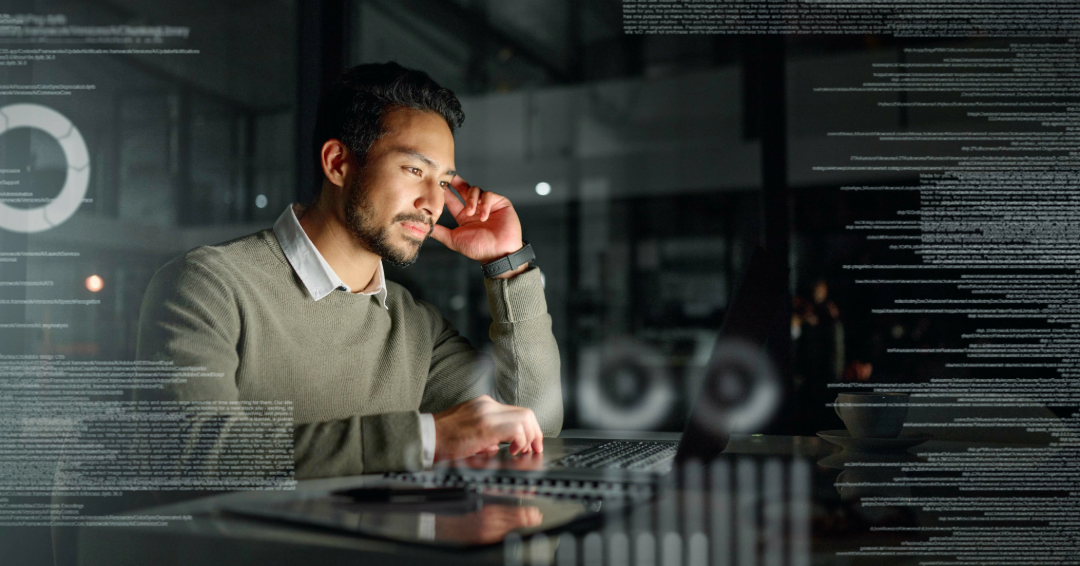Artificial Intelligence (AI) is rapidly transforming the modern workplace. As businesses around the globe increasingly integrate AI-driven solutions, a pivotal question arises: will automation ultimately replace human jobs, or will it serve to enhance human expertise and productivity? With predictions of a 40% boost in business efficiency by 2035, understanding the role of AI in automating tasks and augmenting workforce capabilities is more critical than ever.
The Role of AI in the Workplace
AI is revolutionizing how work is done by automating repetitive tasks, analyzing complex data sets, and enabling smarter decision-making. Key benefits include:
- Increased Productivity: Routine tasks such as scheduling, data entry, and even customer service are now being streamlined through AI-powered tools.
- Enhanced Decision-Making: Advanced algorithms analyze vast amounts of data in real time, providing actionable insights that help managers and teams make informed decisions.
- Innovation and Creativity: By handling mundane tasks, AI frees up human employees to focus on creative problem-solving and strategic initiatives.
For a deep dive into how AI is reshaping productivity and workforce dynamics, refer to the Harvard Business Review’s AI workforce impact study.
The Debate: Replace or Enhance?
The discussion around AI in the workplace often centers on the fear that automation will render many traditional jobs obsolete. However, a growing body of research suggests a more balanced perspective:
- Job Transformation, Not Elimination: While certain roles may change, AI often creates opportunities for new job categories and requires workers to upskill. This transformation encourages a shift from routine tasks to more complex, value-driven work.
- Complementing Human Skills: AI systems are designed to complement human strengths. They can process and analyze data at speeds unmatched by human capabilities, but they still rely on human judgment for context, empathy, and creativity.
For further insights on how AI is influencing job automation and redefining roles, explore MIT’s research on AI and job automation and The World Economic Forum’s insights on AI in employment.
Impact on Business Efficiency
The integration of AI is poised to revolutionize business operations. Studies predict that by 2035, AI will boost business efficiency by up to 40%, thanks to:
- Streamlined Operations: Automated systems reduce errors and speed up processes, leading to significant cost savings.
- Data-Driven Strategies: Enhanced analytics provide a clearer picture of market trends, consumer behavior, and operational bottlenecks.
- Competitive Advantage: Businesses that effectively leverage AI gain a competitive edge by rapidly adapting to market changes and innovating in real time.
This efficiency boost is not just about cutting costs—it's about empowering employees to focus on strategic, high-value work.
MPS: Enhancing Work Through AI-Integrated Solutions
At the forefront of this technological evolution is MPS, a company dedicated to integrating AI into enterprise service solutions. MPS’s innovative approach focuses on:
- Augmenting Human Expertise: Rather than replacing employees, MPS’s solutions are designed to enhance human capabilities by automating routine tasks and providing insightful data analysis.
- Custom AI Integration: MPS works with businesses to tailor AI solutions that fit unique operational needs, ensuring that technology acts as a collaborative partner in the workplace.
- Future-Ready Workforce: By adopting AI-driven tools, companies can prepare their workforce for the future, fostering an environment where human creativity and technical innovation go hand in hand.
Conclusion
The debate over whether AI will replace or enhance jobs is complex. However, the evidence increasingly suggests that, when implemented thoughtfully, AI can transform the workplace by automating routine tasks while elevating human expertise. With projections of a 40% boost in efficiency by 2035, embracing AI is not just an option—it’s a strategic imperative for businesses aiming to thrive in an evolving economic landscape.
For more insights on the transformative power of AI in the workplace, be sure to explore these resources:
- Harvard Business Review’s AI workforce impact study
- MIT’s research on AI and job automation
- The World Economic Forum’s insights on AI in employment
Embrace the future with AI-enhanced solutions and witness how technology and human ingenuity can work together to redefine productivity and innovation in the workplace.






